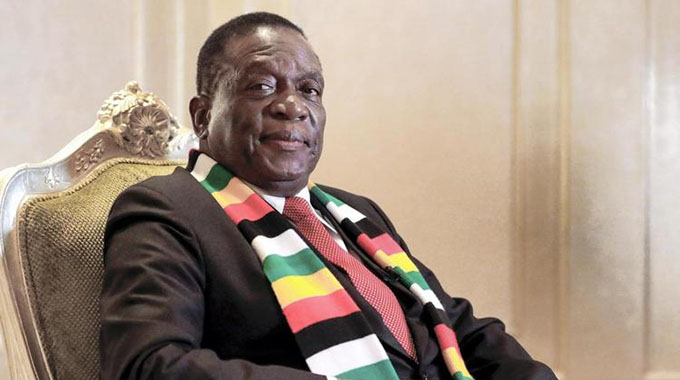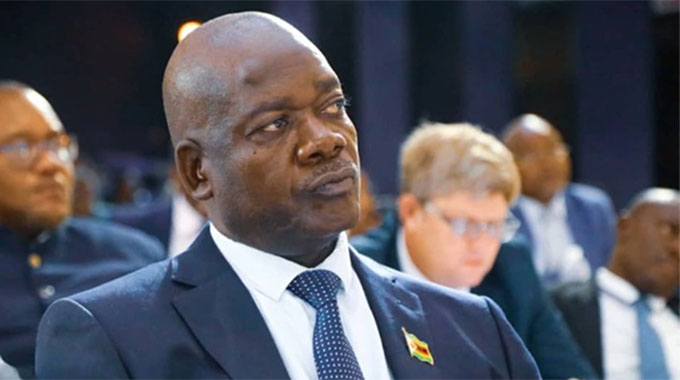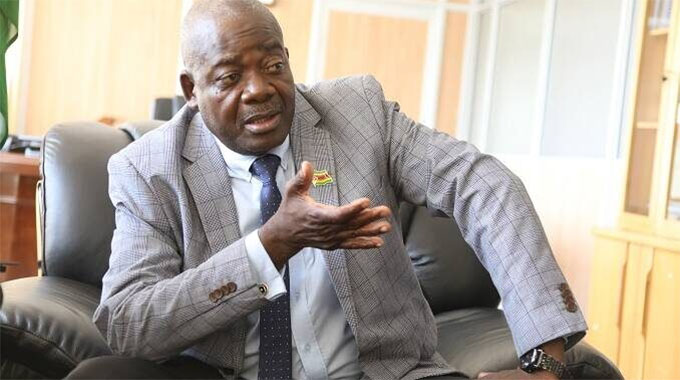Of politics, religion and monkeys

Elliot Ziwira @ The Bookstore
Musaemura Zimunya’s collection of poems “Perfect Poise and other Poems” (1993) explores the analogy that exists between politics and religion on the one hand, and politics, religion and life on the other.
Through a contrived use of words necessitated by poetic licence that he enjoys; metaphor and imagery, the poet says everything about power struggles, tyranny and betrayal without openly provoking anyone.
His poetry is refreshingly original as the idiosyncratic symbols used, though burdensome at times, tell an individual story that captures the aspirations, desires and yearnings of an entire family, community and nation.
Through chronicling his own biography, the poet takes the reader on an intriguing voyage of love, the passage of time, deceit and hypocrisy.
Zimunya effectively uses ambiguity as his forte in condemning human folly. As is the case in his earlier poetry, especially in “Country Dawns and City Lights” (1985) and “Kingfisher, Jikinya and Other Poems” (1982), the poet uses images drawn from nature to expose the vice inhering in man, which does not only scald others, or the natural environment that surrounds him, but burns himself as well.
The geographical landscape that shapes Zimunya’s poetry articulates itself in its exposure of the impermanence of whimsicality and other human ills.
The collection is divided into three sections — Perfect Poise, Gallery and Last Word — which makes it easier for the reader to follow the thematic issues raised. In the first section which has the title poem “Perfect Poise” Zimunya highlights the exuberance that comes with one’s first love encounter, the power of love when it is still in its prime and the subsequent distance that creates a void in relationships.
The boy who is thrilled by his first kiss in “First Kiss” reminds his sweetheart in “Dance” how he: “Came to you like a raging storm/You flew into my embrace like a flower in agony/Thus, we whirled and whirled/till the night yielded the gentlest/songs of dawn.”
The visual images of the “raging storm” and “flower in agony” are suggestive of the intensity of their love, which makes them whirl and whirl through the night into another day.
However, if read closely the images have a connotative meaning as they seem to be a premonition of doom because to love is to be prepared to be hurt.
This is made poignant in the poem “Like Twenty Years Ago” as the persona who obviously is the same one in “First Kiss” flashes back to his youth and describes the apple of his eye, which has not changed in any way.
Her beauty, lips and eyebrows have remained as infectious as ever, yet he has become alienated from her and is now “unable/to rediscover her old fancy/or surmount this chasm between us/I am unable to look in her blackberry eyes”.
He thus, becomes the “raging storm” that places a psychological load on the woman; hence the image of the “flower in agony” becomes apt. It is this unappreciative nature of men that creates distances in marriages or relationships, which the poet is contemptuous of, as it leads to the break-up of unions as alluded to in “Broken Union”.
The poem “Broken Union” explores the vulnerability of love and its hurtful nature through natural elements.
Nature has a certain way of creating compromises and possibilities, thus, fostering harmony. However, storms, which have a destructive effect on it all, always lie in wait. Such is the nature of love.
In “Bellinda” Zimunya trails the agony of love, pretence and frustration through a suggestively affluent woman, who takes to the bar as a way of escaping from her matrimonial woes, much to the chagrin of her husband, who is at pains to contain her as he laments: “Is this it Bellinda? Is this it?”
This seemingly tragic nature of the affluent and pretentious independent woman which spells doom to matrimonial bliss is illuminated in “Perfect Poise”. Using irony and sarcasm, the poet lambasts the serpentine woman and her pretensions, which make men prey to her whims.
The section Gallery combines social, political, religious and economic issues burdening the national psyche. Zimunya telescopically focuses on the postcolonial society that feels betrayed by its visionaries, who renege on their promises.
The poem “A Farewell to Youth” heralds the poet’s unique use of ambiguity in exposing humanity’s shortcomings. Using the metaphor of the impermanence of youth, the poet traverses the political landscape that has no permanent friends and foes; where the “ghost of fear” is difficult to exorcise.
The post-colonial African society always finds it tasking to move forward as the oppressive past finds abode in the present, making oppression colour blind as the “little bird sings a doleful song/flicking its tail up and down/Gone back back back!/We have gone back back back!”
There is hope, however, for the vanquished in “New Season”.
The poem “Hooray for Freedom” questions the essence of freedom when only the minority benefits at the expense of the majority, who remain in perpetual poverty and bondage years after political independence.
The poet laments the demise of all for one and one for all, which was the cog of the struggle as he espies the rise of “big black aristocrats/benzocrats and brothermen/with independence torches/burning down squatter villages.” This sad turn of events is also evident in “Benzocrats”.
The classless society now becomes a society of classes where the poor gets poorer and the rich gets richer, and the muscle of arms corroborates the strength of wealth in silencing the wretched and feeble.
With their voices gagged through the fear of the unknown etched in their miserable existence, the vanquished seek solace in hopeless hope and the divine.
There is something interesting about religion and politics which makes the phenomena inseparable in that they are both inspired by the gullibility of the masses that flock to seek comfort in the purported cushy zones promised by prophets and politicians.
They all seem to find glory in misery, which they thrive in. This rationale obtains in the poems “Men and Monkeys”, “Of Kings and Prophets”, “Of Prophets” and “About Worshipping”.
In “Of Kings and Prophets” Zimunya hilariously equates politicians to prophets in the way they intimidate people through fear of reprisals —“the cell on the one hand/and hell on the other.”
“Of Prophets” outlines the essence of prophesy on the modern world that has become too impatient, brutal, violent and deceitful. In the poet’s eyes the prophet “began as a mere lover of all men/straining to explain the secret of things/ and history in bare human words”.
Creation itself is quite befuddling, making the prophet a proponent of all that is Godly as he functions as an intercessor between God and His people.
However, because men are by nature non-believers, who “remember only the miracles and the magic”, the prophet has to perform miracles for him to be taken seriously. In the end the prophet is not only hated for his questioning of worldly demigods and their fiefdoms, but he also evokes awe.
The politician may threaten people with death or imprisonment, but he also rushes to the prophet, who also uses death and the wrath of God against him.
But when it comes to questioning all this hullaballoo, monkeys are the worst of creatures as they are only bent on mimicking, instead of asking why the wrung is always removed each time the poor man tries to take his first step up.
The monkeys in our midst are really a great betrayal in the quest for a classless society.
The last section of the anthology creates a sorrowful atmosphere as there seems to be no hope in sight, for the poet still awaits rain or even thunderstorms, yet the sky remains adamantly unyielding.









Comments